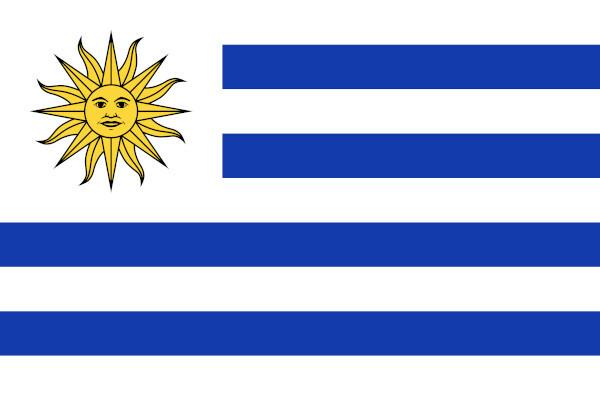Abstract noun it's the kind of substantive which represents concepts that do not have a concrete form, depending on another being to exist and manifest. As examples of abstract nouns we have feelings, sensations, reactions, among other qualities and abstract concepts.
Know more: What is the plural of compound nouns?
Abstract about abstract noun
Abstract nouns are those that indicate feelings, sensations, reactions and other concepts that do not have a concrete physical image.
They do not exist on their own, depending on another being to manifest.
Abstract nouns are opposed to concrete nouns, which are those that exist concretely and independently of another being (or that can be imagined in this concrete way).
The noun can be classified into common, proper, simple, compound, primitive, derivative, concrete, abstract and collective.
What is abstract noun?
The abstract noun is one of the possible classifications given to the class of nouns. The noun is abstract when its existence is dependent on another being, that is, it is a
abstract idea without a physical image and which does not exist by itself, such as feelings, sensations, among other abstract concepts.Do not stop now... There's more after the ad ;)
What is the difference between an abstract noun and a concrete noun?
While the abstract noun does not have an existing physical image and depends on another being to exist, the concrete noun is endowed with an existing physical image (albeit imaginary), so that its existence is independent of another being.
→ Video lesson on concrete and abstract nouns
Uses of the abstract noun
the abstract noun is used to express concepts that have no existence by themselves, in a concrete way. They depend on another being to manifest or exist.
Important: Imaginary beings and deities are not considered abstract nouns. This is because, despite being imaginary or not physically existing, they exist independently of other beings and concepts can be physically and bodily imagined, that is, in the imagination, they exist in their own way and absolute. Therefore, words such as:
Dragon;
elf;
fairy;
god/goddess;
Angel;
demon.
→ Examples of abstract noun
As abstract nouns do not have their own existence, words that represent concepts linked to another being to exist are examples par excellence. Among the abstract nouns, we have words like:
Feelings | |
love |
hatred |
happiness |
sadness |
rage |
fear |
sensations and reactions | |
disgust |
pain |
scare |
excitement |
heat |
cold |
hungry |
thirst |
abstract concepts | |
faith |
stress |
life |
death |
well |
bad |
intelligence |
elegance |
beauty |
ugliness |
wealth |
poverty |
plenty |
generosity |
See too: What are supercommon nouns?
Classification of nouns
You nouns are Classified this way:
-
Common or own:substantive ordinary when it is not specified, being generic in its own category; proper noun when it is the name that specifies a noun within that category.
Example: “dog” is a common noun and “Totó” is a proper noun.
-
Simple or compound:substantive simple when it has only one radical; compound noun when it has more than one stem, usually being formed from the junction of two different words.
Example: “sun” is a simple noun, while “sunflower” is a compound noun.
-
Primitive or Derived:substantive primitive when it is not formed from another word; substantive derivative when it is formed from another word.
Example: “flower” is a primitive noun, while “floriculture” is a derived noun (from “flower”).
-
Concrete or abstract: concrete noun when it does not depend on another living being to exist or materialize (even in imagination); abstract noun when it is dependent on another living being to exist.
Example: “shelf” is a concrete noun, while “love” is an abstract noun.
-
Collective:collective noun used to indicate a large number of nouns in the same category.
Example: “pack” is the collective noun to refer to a set of wolves.
Solved exercises on abstract noun
question 1
Mark the alternative that contains only abstract nouns.
A) Heat, light, sun.
B) Choice, adult, happiness.
C) Sadness, wisdom, noise.
D) Defeat, ladder, opposition.
Resolution:
Alternative D
The words “sorrow”, “wisdom” and “noise” represent abstract concepts, which do not exist independently.
question 2
Mark the alternative that does not contain any abstract nouns.
A) God, devil, faith.
B) Dinosaur, dragon, monster.
C) Ruler, height, measuring tape.
D) Cook, pan, hunger.
Resolution:
Alternative B
The words “dinosaur”, “dragon” and “monster” are concrete nouns whose existence does not depend on another being (although some of these words represent imaginary concepts).
By Guilherme Viana
Grammar teacher
Would you like to reference this text in a school or academic work? Look:
VIANA, William. "Abstract noun"; Brazil School. Available in: https://brasilescola.uol.com.br/gramatica/substantivo-abstrato.htm. Accessed on March 06, 2022.



